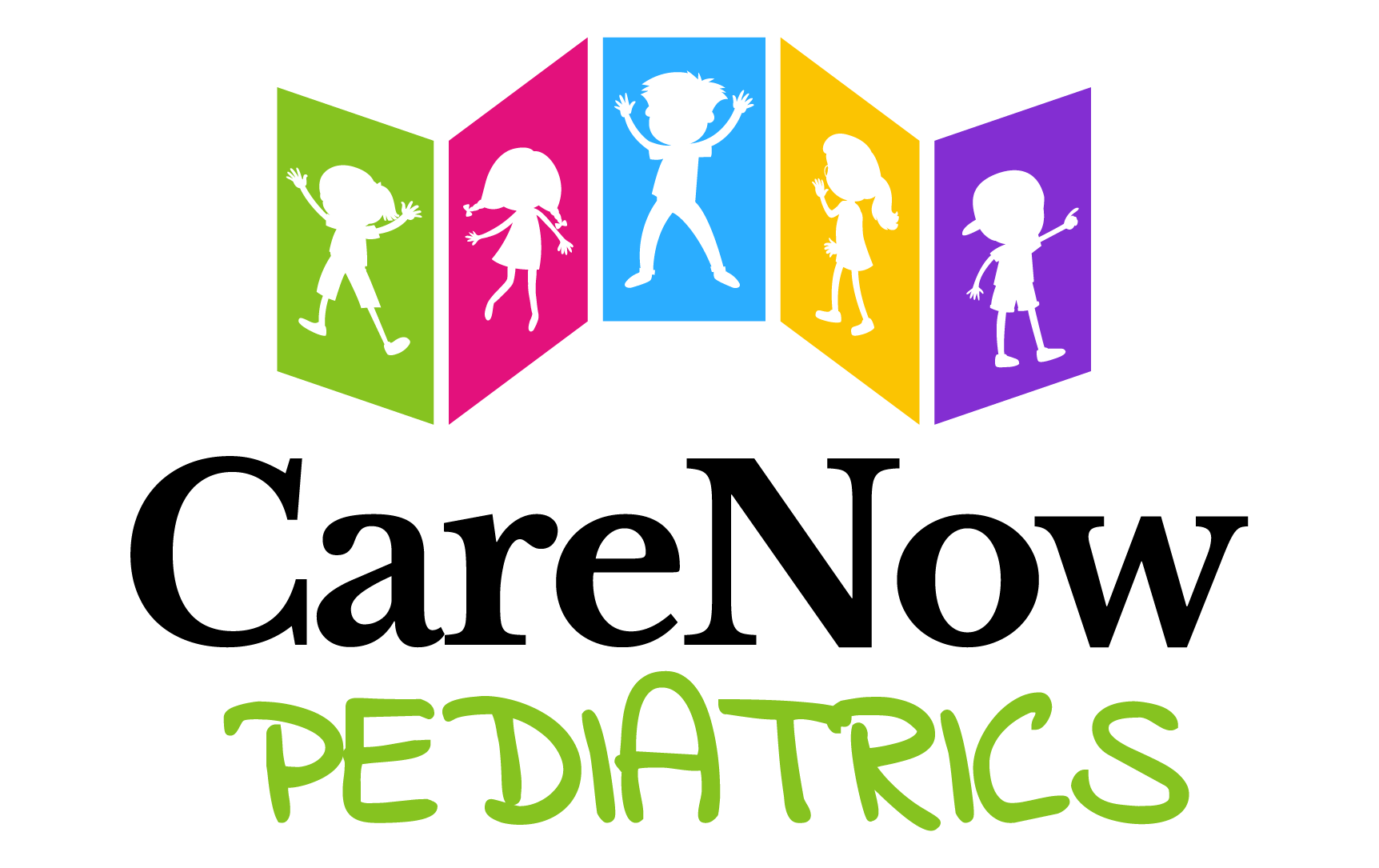Navigating Postpartum Depression and Planning for Holistic Care
Welcoming a new life into the world is a transformative experience, but it can also bring about a range of emotional and physical changes for new birth parents. Postpartum depression is a common occurrence that affects individuals in various ways. Understanding its signs, seeking support, and prioritizing self-care are essential steps in promoting both mental and physical well-being during this critical phase.
Unpacking Postpartum Depression: Signs and Symptoms
Postpartum depression is not a sign of weakness; it’s a medical condition that can impact anyone who has recently given birth. It involves a complex interplay of hormonal changes, emotional adjustments, and lifestyle transitions that can contribute to feelings of sadness, anxiety, and detachment. Recognizing the signs and symptoms is the first step toward seeking the necessary help.
Persistent sadness, overwhelming fatigue, feelings of hopelessness, and a loss of interest in activities that were once enjoyable are common indicators of postpartum depression. Additionally, changes in appetite, difficulty concentrating, and challenges in bonding with the newborn can all be part of this condition. It’s important to understand that experiencing any of these symptoms does not diminish one’s capabilities as a parent; seeking assistance is a proactive and courageous choice.
Reaching Out for Support and Treatment
When postpartum depression sets in, seeking support from healthcare providers is crucial. These professionals can offer guidance, recommendations, and treatment options tailored to individual needs. Remember that postpartum depression is not a reflection of inadequacy as a parent; rather, it’s a medical condition that requires appropriate care and attention.
By engaging with healthcare providers, new birth parents can access a range of treatments, including counseling, therapy, and, in some cases, medication. The goal is to provide a comprehensive approach to healing that addresses both the emotional and physical aspects of postpartum depression. The support of healthcare providers is invaluable in navigating this challenging period and working toward a path of recovery.
Empowering Through Postpartum Planning
While recognizing and addressing postpartum depression is vital, proactive planning for the postpartum period can also significantly impact a parent’s overall well-being. Postpartum planning revolves around considering one’s physical and emotional needs post-childbirth and making arrangements to ensure adequate support and resources are in place.
Reaching out to family and friends for assistance is a practical step that can lighten the load for new parents. Enlisting help for household tasks, meal preparation, and childcare can provide valuable breathing space. Setting realistic expectations is equally important; the transition to parenthood is marked by ups and downs, and understanding that challenges are a natural part of the journey can alleviate unnecessary stress.
Prioritizing rest and self-care should not be underestimated. Adequate sleep and proper nutrition contribute to both physical recovery and emotional well-being. Engaging in activities that promote relaxation and joy, whether it’s reading, taking walks, or practicing mindfulness, can help manage stress and foster a positive mindset.
For those who find solace in communal settings, postpartum support groups offer a safe space to share experiences, connect with others, and gain valuable insights. Additionally, individual counseling can be instrumental in addressing specific concerns and learning effective coping strategies.
A Holistic Approach to Postpartum Care
Postpartum care extends beyond medical appointments; it encompasses a holistic approach that nurtures the mind, body, and spirit. Listening to one’s body, seeking help when needed, and advocating for self-care are all integral components of this journey.
Taking care of one’s physical health, such as maintaining regular exercise, staying hydrated, and consuming nourishing foods, supports emotional well-being. Engaging in open conversations with partners, family members, and friends about feelings and challenges can alleviate feelings of isolation and foster a sense of community.
Your Pediatric Partner in Postpartum Care
For new birth parents, the postpartum journey is a mix of joy, adjustment, and challenges. As you navigate this intricate phase, remember that seeking assistance is a sign of strength, and investing in self-care is an investment in your child’s well-being as well.
If you have questions, concerns, or seek guidance, the experts at CareNow Pediatrics are here for you. Our experienced professionals understand the complexities of the postpartum period and can provide tailored advice to meet your unique needs. From postpartum depression to comprehensive care planning, our goal is to ensure that you feel supported, empowered, and well-informed throughout your journey.
Stay Informed with Our Newsletter
As you embark on this transformative journey, staying informed is key. Subscribe to our newsletter to receive the latest updates, health tips, and special promotions. We’re dedicated to being your partner in promoting the health and well-being of both you and your precious newborn.


